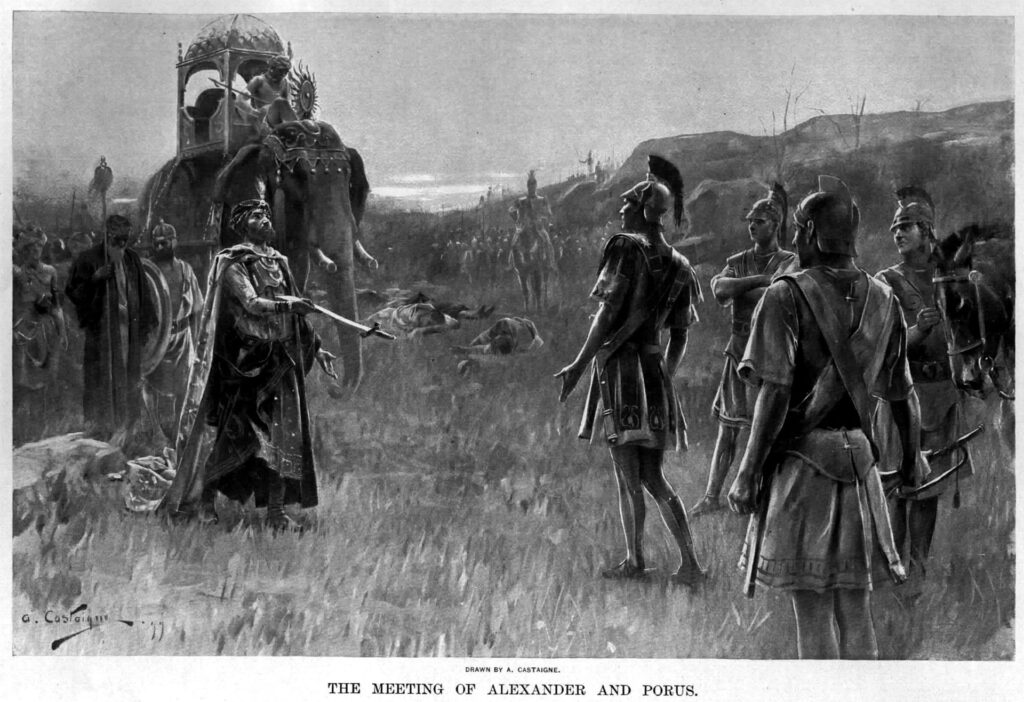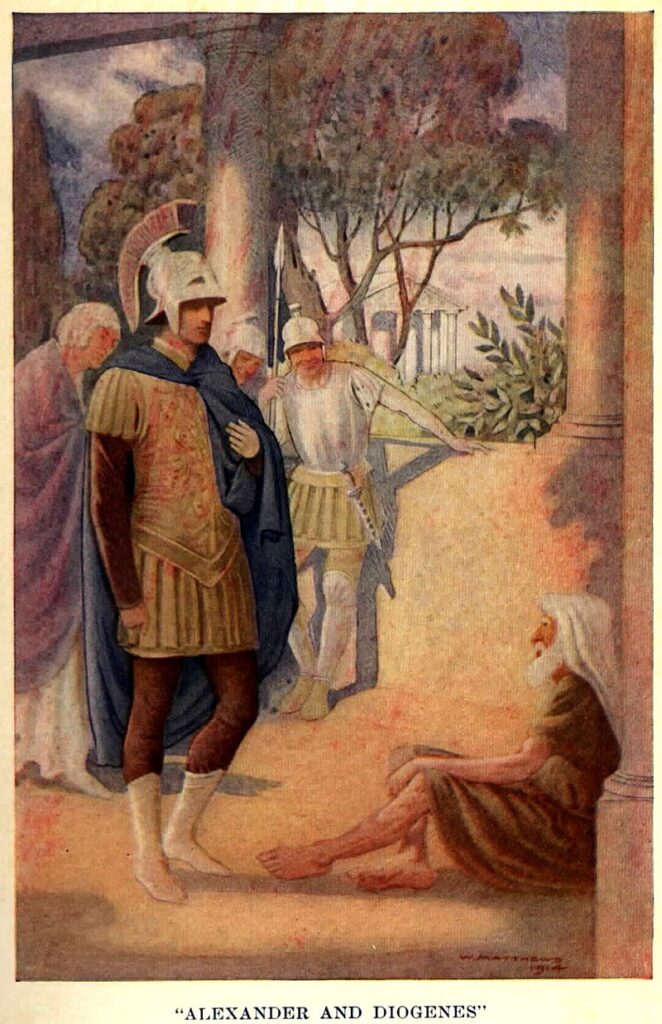
The Conqueror
Alexander! The Great! Or the not so Great! The answer varies depending on who you ask today given the recent popularity of revisionist history and the bad habit our contemporaries have taken upon themselves to perpetuate – i.e, judging men of the past by ideas of the present. However, I’m not here to launch a polemic against these individuals; I mean, sometimes I even closet-agree with them! Nonetheless, I’ll let the sleeping dog lie.
Alexander needs no introduction. As though afraid his great acts of bloodshed and conquest would be buried by the sands of time, he immortalized himself by naming every 2nd city he conquered after himself (ok not really, but he named a lot of new cities as such). He is often regarded as a heavy contender for the ‘greatest military commander ever’ award, boasting a wealthy resume including dominating most of the known world and having been a student of Aristotle, inter alia.
So, Who Did the Conquering?

Reportedly described by Plato as “Socrates gone mad,” the man in question is Diogenes, considered one of the 3 founders of Cynicism in tandem with his teacher, Antisthenes, and his student, Crates of Thebes. Known for carrying a lantern (or candle) around town, he confronted the citizenry of Athens daily, hoisting the lantern to their face and claiming to seek… an honest man. Legend has it he never found one (I guess it was his misfortune to not be born in the same era as yours truly… *sigh*). Anyways, he was a professional beggar and usually slept in a broken clay jar.

“He tried to demonstrate that wisdom and happiness belong to the man who is independent of society and that civilization is regressive. He scorned not only family and socio-political organization, but also property rights and reputation. He even rejected normal ideas about human decency.” (Wikipedia)
Speaking of rejecting human decency, he was known to indiscriminately urinate, defecate, and masturbate in public. Pretty reprehensible for any period of time I’d say, but boy did have some interesting ideas! It is crazy how stoicism descended from this guy, but I suppose it’s akin to a polished version of Cynicism.
It is no surprise, however, that Plato thought he was a “Socrates gone mad.” Diogenes was what we may consider a ‘Socrates-stan’, except he held a different perspective to Plato as regards the intent of Socrates. He was widely known to disdain Plato, and he often sabotaged Plato’s Academy proceedings. A story goes that Plato had once in a facetious manner described man as a “featherless bipedal.” The ancient greek biographer, Diogenes Laertius (no connection to our boy), wrote that Diogenes, having heard of this wonderful news, allegedly seized a chicken, plucked its feathers, and presented it to Plato in the Academy. Finally, he proclaimed “Behold! I’ve brought you a man.” Talk about an eccentric character.
“Conquering The Conqueror“
Now unto the main topic. It is said that Alexander the Great, in Corinth, once encountered Diogenes lying in the sun. In awe of his reputation (shockingly), Alexander asked him if there was anything he could do for him. According to one source: “Yes,” said Diogenes, “stand a little out of my sun.” Supposedly Alexander was stunned, but rather than put him to the sword, he seemed admiring of the audacity and grandeur of Diogenes to the extent that he remarked to his laughing and jesting followers: “But truly, if I were not Alexander, I wish I were Diogenes.” Apparently, Diogenes, with his bronze-cast testicles responded: “if I were not Diogenes I would still wish to be Diogenes.”

Talk about slighting arguably the most powerful man in history.
‘According to Peter Sloterdijk, in his Critique of Cynical Reason, this is “perhaps the most well-known anecdote from Greek antiquity, and not without justice”. He states that “It demonstrates in one stroke what antiquity understands by philosophical wisdom – not so much a theoretical knowledge but rather an unerring sovereign spirit [… T]he wise man […] turns his back on the subjective principle of power, ambition, and the urge to be recognized. He is the first one who is uninhibited enough to say the truth to the prince. Diogenes’ answer negates not only the desire for power, but the power of desire as such.”‘ (Wikipedia)
Guess you could say he conquered… the conqueror.
Sources:
https://en.wikipedia.org/wiki/Diogenes
https://www.worldhistory.org/Diogenes_of_Sinope/
https://penelope.uchicago.edu/~grout/encyclopaedia_romana/greece/hetairai/diogenes.html

Leave a Reply